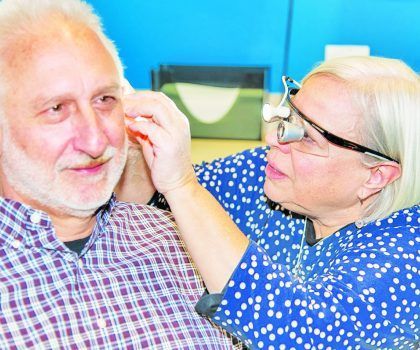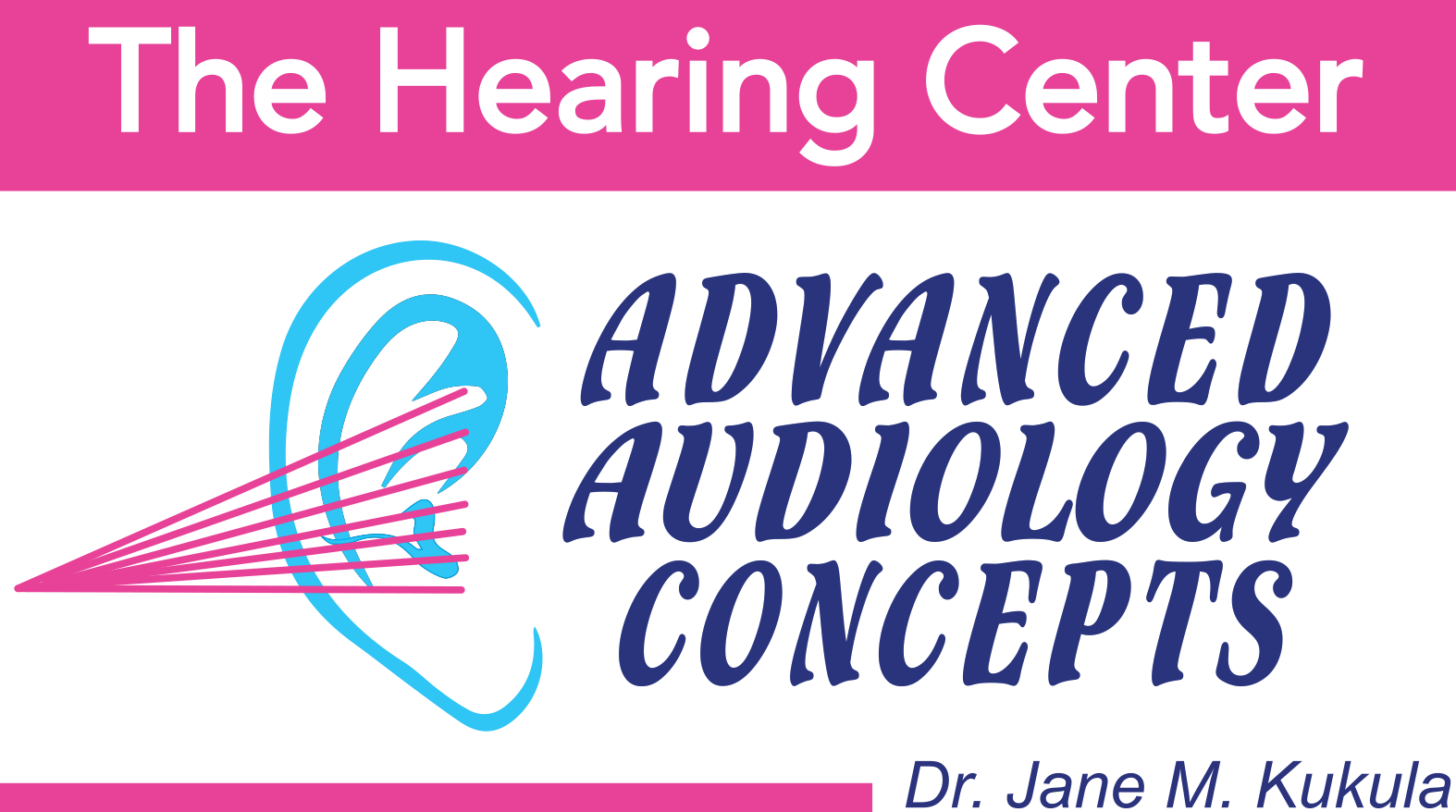Who Has Hearing Loss?
Hearing loss is the third most common chronic physical condition in the United States and is more prevalent than diabetes or cancer; as the Centers for Disease Control CDC noted. Hearing loss is an invisible disability but can affect individuals across all demographics. Below are a few quick statistics that provide insight into how many individuals are directly impacted by hearing loss. About 2 to 3 out of every 1,000 children in the United States are born with a detectable level of hearing loss in one or both ears.1
- More than 90 percent of deaf children are born to hearing parents.2
- Approximately 15% of American adults (37.5 million) aged 18 and over report some trouble hearing.3
- Among adults aged 20-69, the overall annual prevalence of hearing loss dropped slightly from 16 percent (28.0 million) in the 1999-2004 period to 14 percent (27.7 million) in the 2011–2012 period.4
- Age is the strongest predictor of hearing loss among adults aged 20-69, with the greatest amount of hearing loss in the 60 to 69 age group.4
- Men are almost twice as likely as women to have hearing loss among adults aged 20-69.4
- Non-Hispanic white adults are more likely than adults in other racial/ethnic groups to have hearing loss; non-Hispanic black adults have the lowest prevalence of hearing loss among adults aged 20-69.4
- About 18 percent of adults aged 20-69 have speech-frequency hearing loss in both ears from among those who report 5 or more years of exposure to very loud noise at work, as compared to 5.5 percent of adults with speech-frequency hearing loss in both ears who report no occupational noise exposure.4
- One in eight people in the United States (13 percent, or 30 million) aged 12 years or older has hearing loss in both ears, based on standard hearing examinations.5
- About 2 percent of adults aged 45 to 54 have disabling hearing loss. The rate increases to 8.5 percent for adults aged 55 to 64. Nearly 25 percent of those aged 65 to 74 and 50 percent of those who are 75 and older have disabling hearing loss.6
- Roughly 10 percent of the U.S. adult population, or about 25 million Americans, has experienced tinnitus lasting at least five minutes in the past year.7
- About 28.8 million U.S. adults could benefit from using hearing aids.2
- Among adults aged 70 and older with hearing loss who could benefit from hearing aids, fewer than one in three (30 percent) has ever used them. Even fewer adults aged 20 to 69 (approximately 16 percent) who could benefit from wearing hearing aids have ever used them.9
- As of December 2019, approximately 736,900 cochlear implants have been implanted worldwide. In the United States, roughly 118,100 devices have been implanted in adults and 65,000 in children.10
- Five out of 6 children experience ear infection (otitis media) by the time they are 3 years old.11
These numbers do not include individuals indirectly impacted by the disability, friends, and family interacting daily with someone who has difficulty hearing. It also provides little insight into the impact hearing loss has on the emotional, social, and economic well-being of people with hearing loss.
If you or someone you know is having trouble hearing, don’t wait; call us today.



